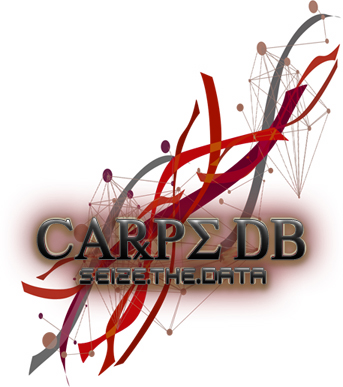
We characterized and evaluated as an animal model of epilepsy NER, a new epileptic rat strain, which was developed by inbreeding rats with spontaneous tonic-clonic seizures in a stock of Crj:Wistar. METHODS: Animals were monitored through the inbreeding course, and video-EEGs were recorded selectively. External seizure-provoking stimuli were applied to NER and to a control parental strain. F1, F2, and backcross progenies were produced between NER and a nonepileptic unrelated strain. Pathologic study included hematoxylin-and-eosin (HE), Kluver-Barrera's, modified Bodian silver, and neo-Timm's staining. RESULTS: After the F9 generation, 94%-98% of NER exhibited spontaneous tonic-clonic convulsions, beginning with neck and forelimb clonus, wild jumping/running, opisthotonic posturing, and evolving to tonic, then clonic convulsion, followed by postictal flaccidity. Most seizure onsets occurred between 2-4 months of age, and the incidence was 0.45 +/- 0.21 seizures in 12 h. Ictal cortical and hippocampal EEGs were characterized by high-voltage spikes followed by diffuse spike-and-wave or polyspike-and-wave complexes. NER revealed seizure susceptibility to pentylenetetrazol, tossing, and transcorneal electroshock, but not to tactile, photic, or acoustic stimuli, or to transauricular electroshock. Mating experiments revealed that 0% (0/46) of the animals in F1, 25.5% (13/51) in F2, and 63.6% (56/88) in backcross progenies exhibited spontaneous tonic-clonic convulsions without sex difference. For all these epileptic traits, no pathologic changes were demonstrated in the CNS. CONCLUSIONS: NER frequently exhibited spontaneous convulsions, controlled by a major autosomal recessive gene for epilepsy, that are comparable to generalized tonic-clonic seizures in humans. This can serve as a new genetic model in epilepsy research.
[Submit Annotation]